“As a ministry team, we’ve decided to come to them. Not with power and authority, but by submitting to their way of life and by learning their local language. In doing this we hope to show them the love of the creator God who’s made Himself known by humbling Himself and becoming a man like us. We want to give them a chance to see Jesus come alive in their language and culture.” [Lora, an AIM Team Leader]
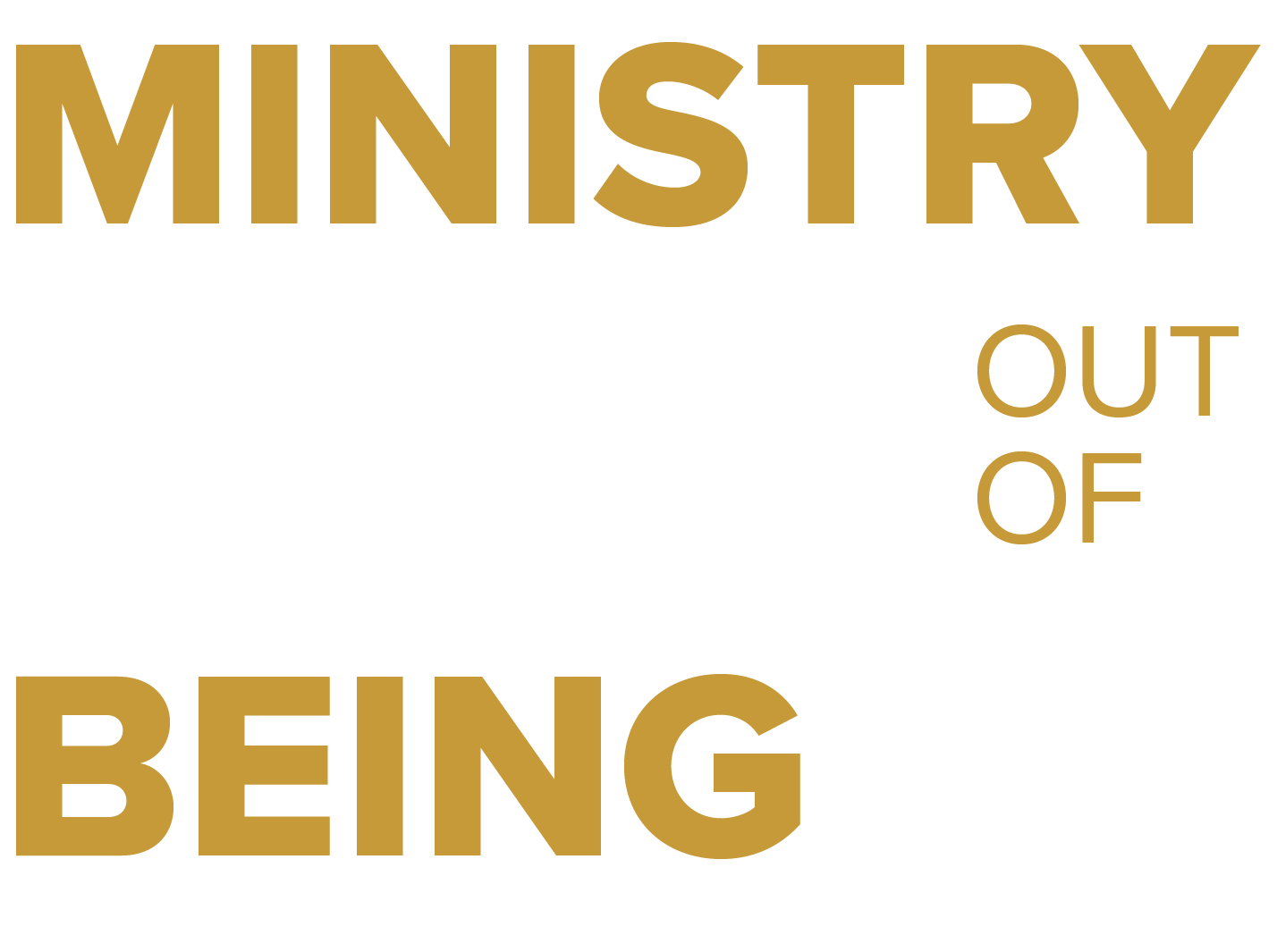
THE 12 CORE VALUES OF TIMO
Ministering in various African countries and contexts, TIMO embodies the missionary spirit of flexibility which adapts to meet the needs of a given situation. As a result of this flexibility and adaptation, specific TIMO teams can look very different from each other causing some to wonder what it is that makes TIMO, TIMO. The twelve core values listed below are the non-negotiables which will be found among any TIMO team. These are TIMO’s values, and we hope that by the end of your assignment, you will have adopted them as some of your values as well.

1: Reaching the Lost With the Saving News of Jesus Christ.

2: Ministry Flows Out of Being
What we are impinges directly on what we do. We can only offer what we have. Mature ministry results from a mature relationship with our Lord, so as important as ministry is, TIMO stresses that one’s personal relationship with Jesus will always be the most essential aspect of our lives.
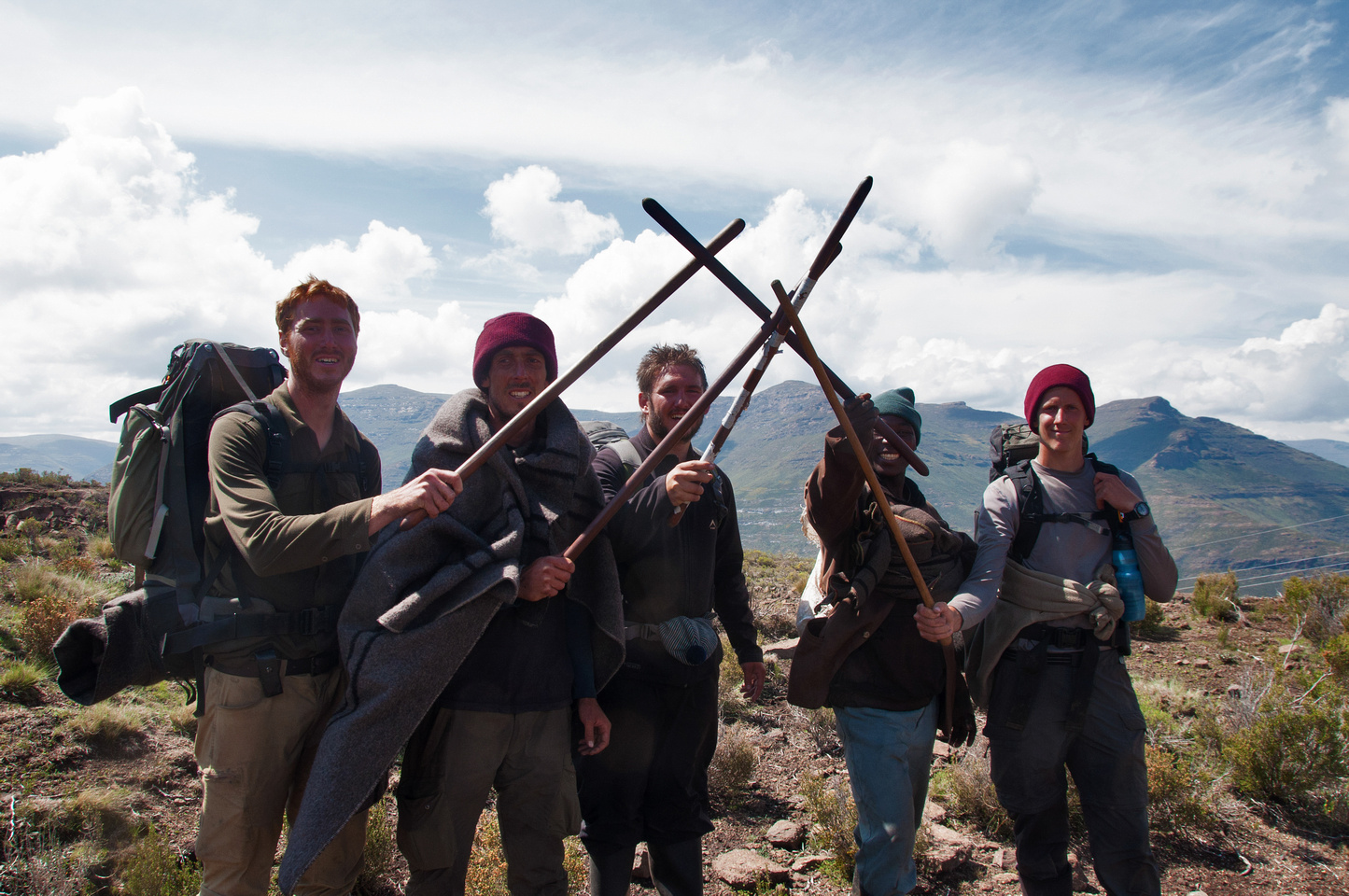
3: Teamship
They Will Know We Are Christians By Our Love. As Jesus told his disciples, functioning as a loving, committed team is eloquent testimony of who we are following. Teamship is critical. TIMO seeks to train its members in becoming a smooth, functioning team, but it expects that love and commitment for each other will be the under girding strength of the team – not technique.
4: We Bring Learner Attitudes
Indeed, we know something “they” don’t, and the Lord will provide opportunities to share our knowledge of the gospel. But if we are serious about learning language and culture and earning the right to be heard, then we must come as students and learners rather than as experts.
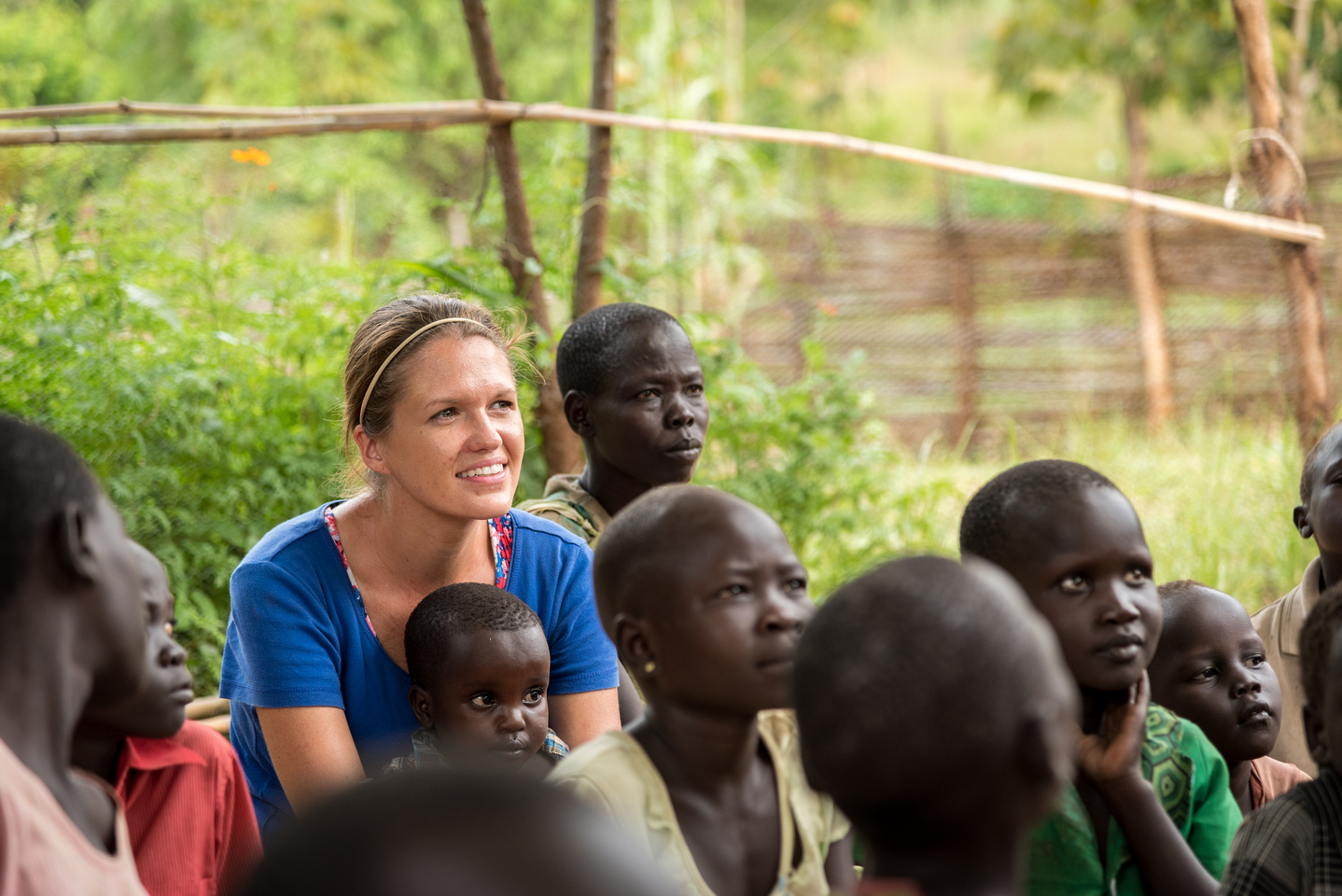
5: Commitment to the Local Language and Culture.
TIMO believes it is critical to the proclamation task to articulate the gospel in the context and mother tongue of the hearer whenever possible.
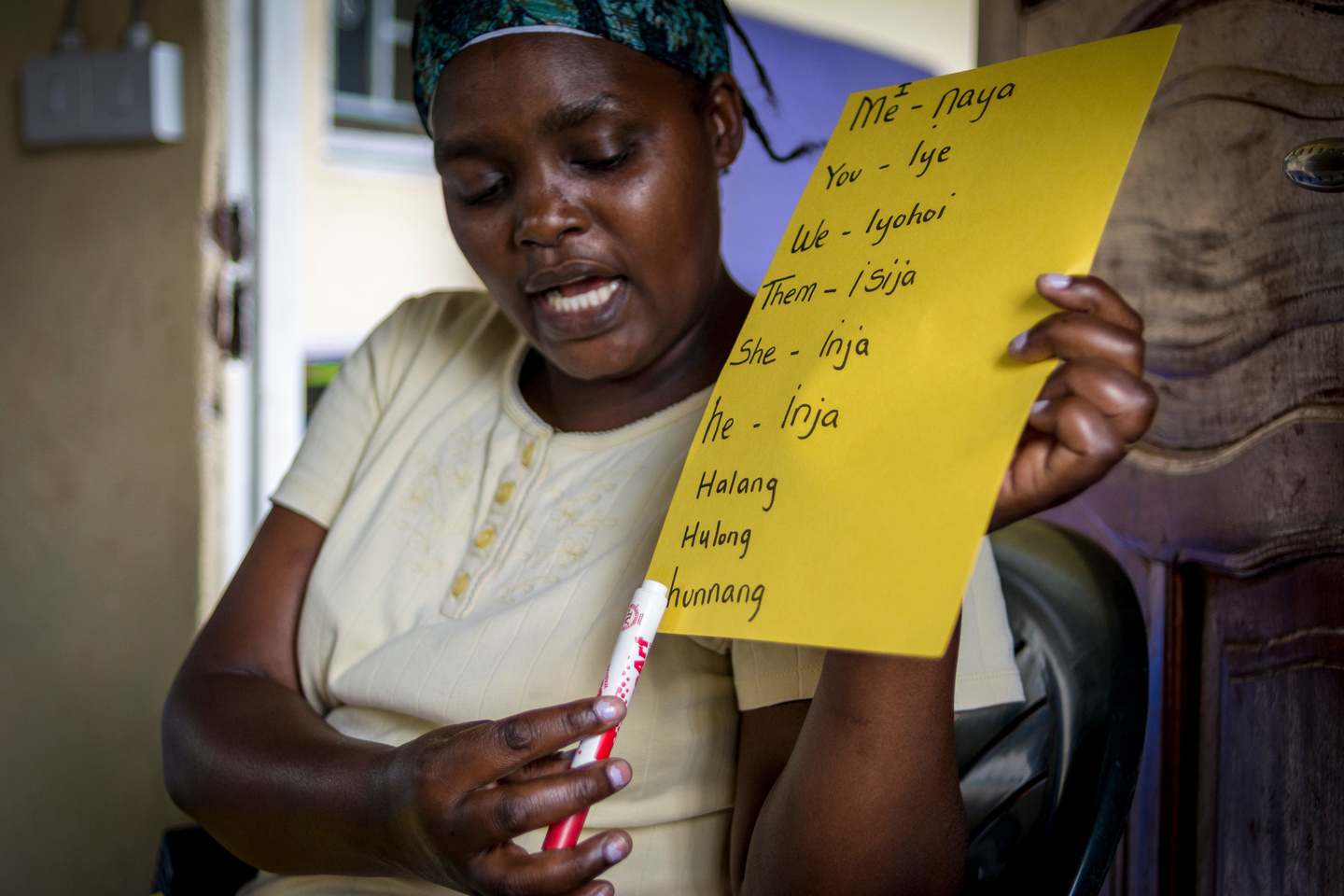
6: Lifestyle and Proclamation Evangelism
Living the truth of the gospel message and verbally proclaiming that same message should be two sides of the same coin. One without the other creates imbalance.
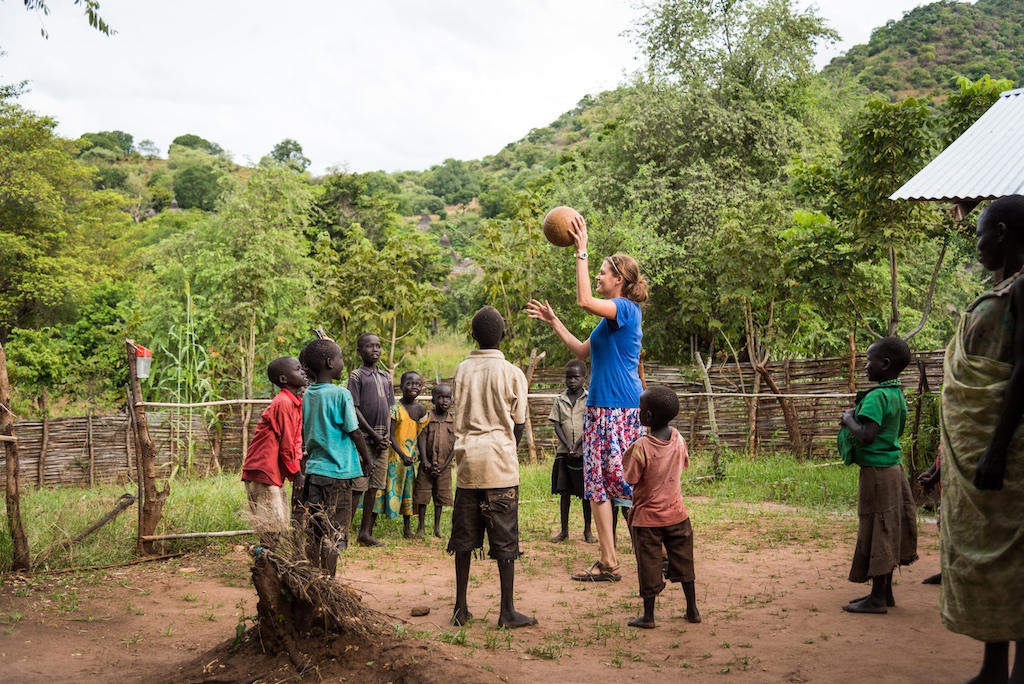

7: Living Among Those to Whom We Seek to Minister
A logical outgrowth of commitment to local language, to learning culture, and to lifestyle evangelism is living where we minister.

8: Relationships, Relationships, Relationships
All mission work involves relating: with our Lord, our teammates and fellow missionaries, our national church brethren, and those to whom we minister. TIMO encourages its members not only to offer their skills and giftedness but their entire selves to the ministry. This is costly and painful but also brings its own rewards and glorifies God. Our goal is to be able to say, along with the Apostle Paul: “We loved you so much that we were delighted to share with you not only the gospel of God but our lives as well (I Thes. 2:8).”
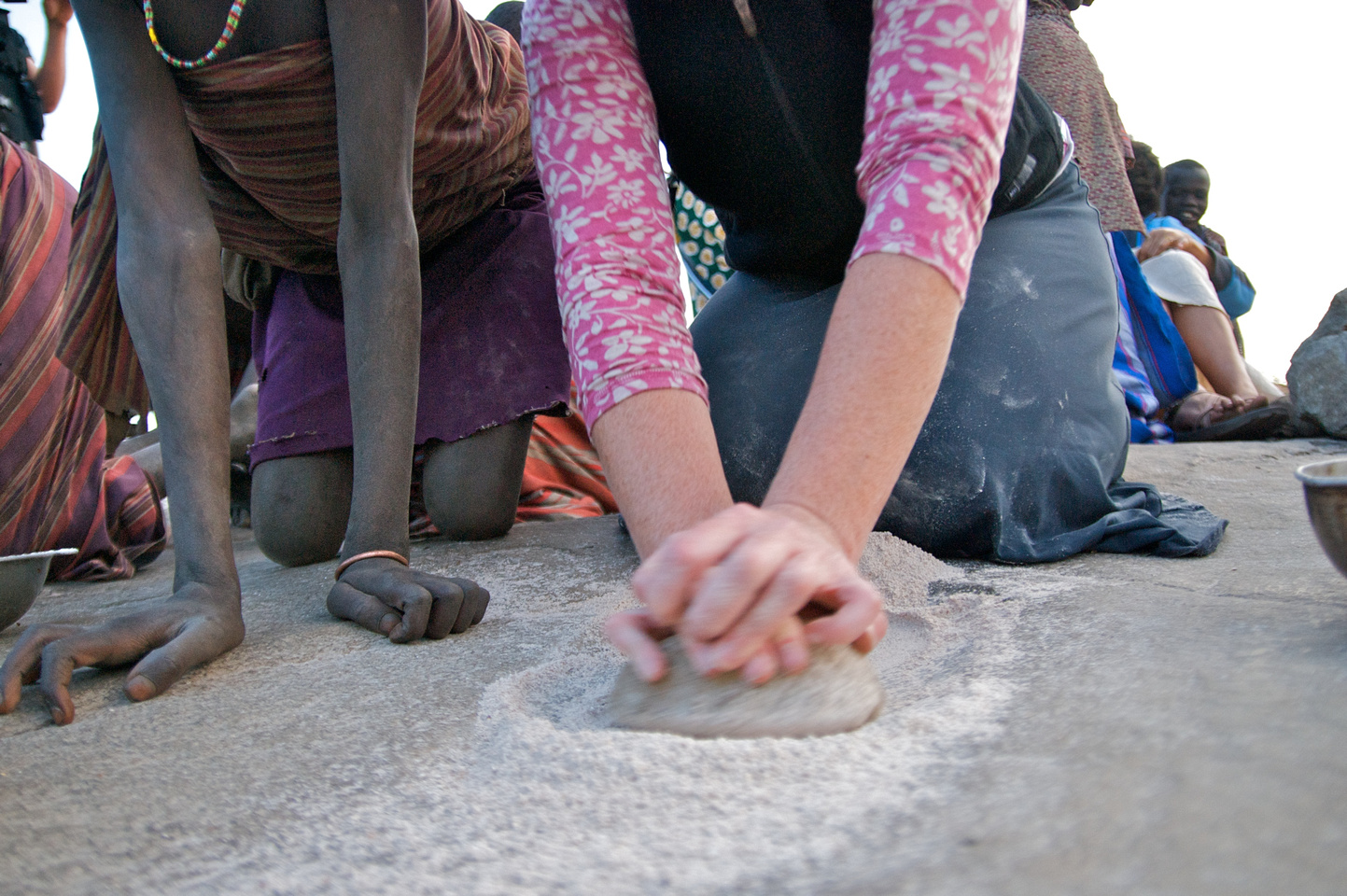
9: Simpler Lifestyle
Seeking to have a minimal amount of possessions frees us from the bondage of material things. A simpler lifestyle also removes some of the barriers between nationals and us. Cost effectiveness is a third reason why TIMO embraces simpler living.
10: Prayer is Ministry
Prayer is not just what we do before we go and minister, prayer is Kingdom work, the battle itself and not just preparation for the battle. TIMO emphasizes prayer as ministry throughout the two year program.
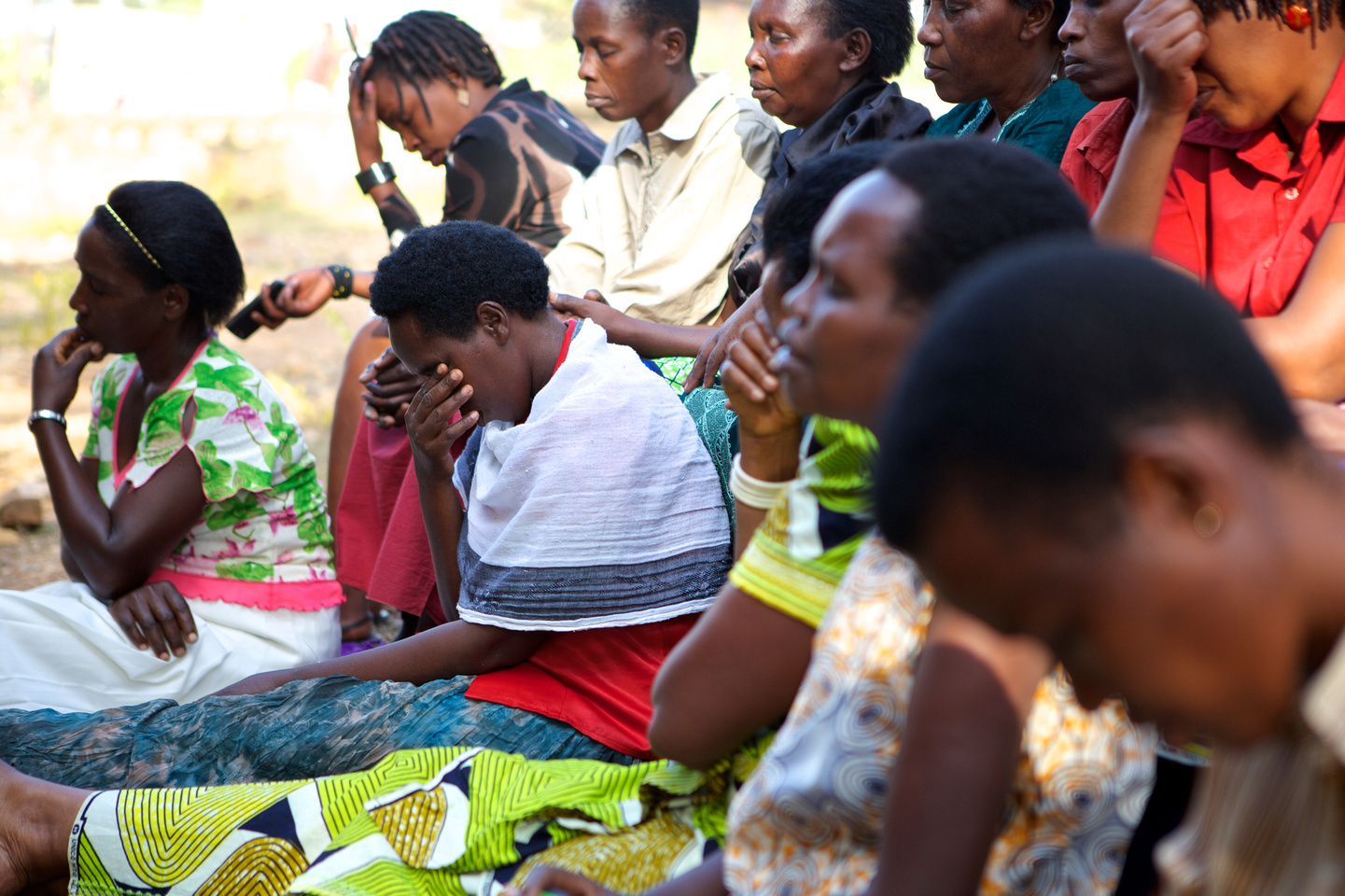
11: High View of the Local Church.
The local church is God’s primary model for evangelism and discipleship. There are other valid, biblical forms for increasing and maturing the universal church, but we believe the local church with its support, accountability, and variously gifted members working as the body of Christ is the most powerful and effective means for sustained numerical and spiritual growth. Therefore, TIMO is committed to planting local churches and working alongside the local church to increase the Kingdom
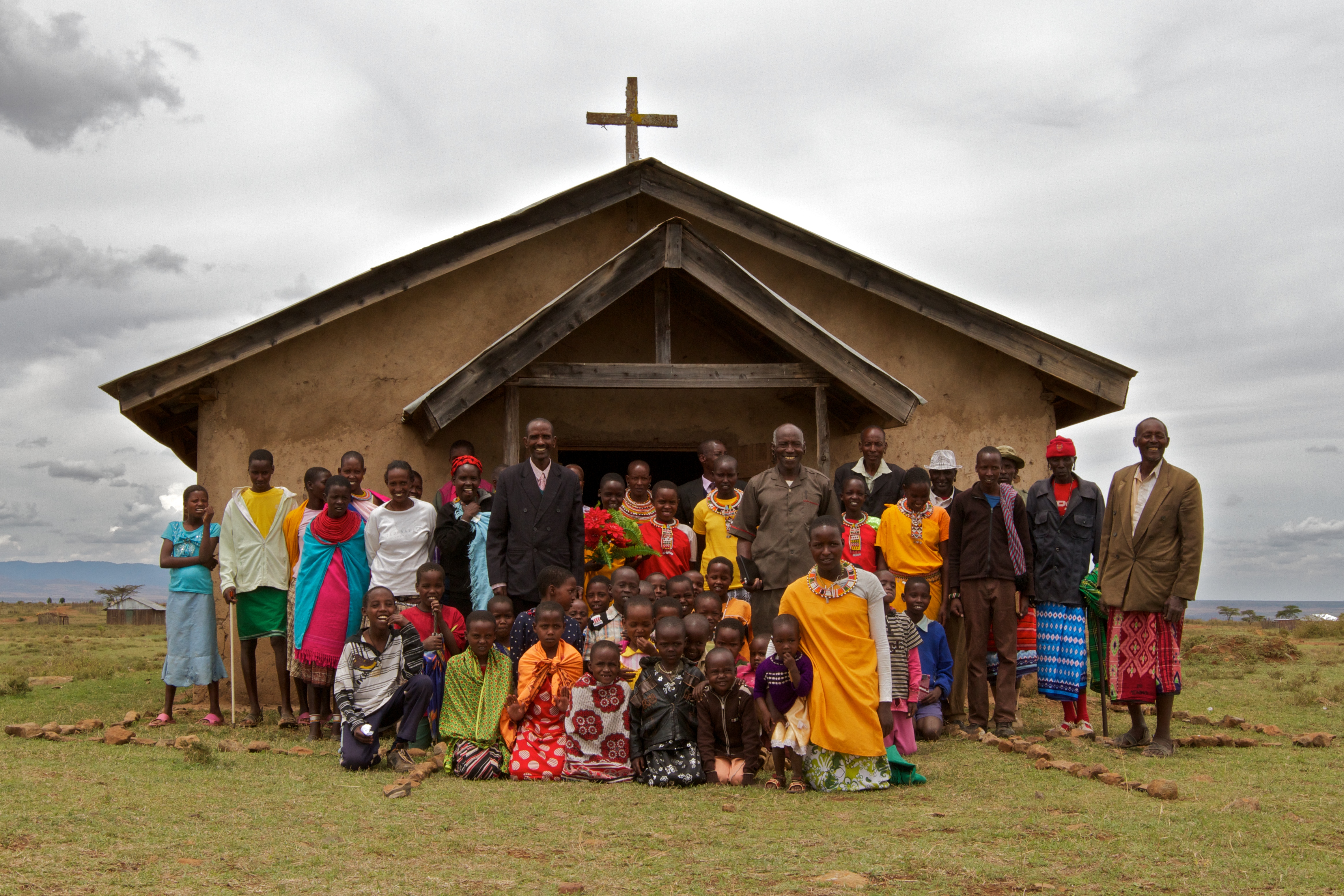
12: Training is for a Lifetime
TIMO does not seek to complete a missionary’s training but rather attempts to model patterns of learning for a lifetime. A continual upward spiral of spiritual, emotional, and mental growth for every TIMO alumnus is the goal.

HISTORY OF THE PROGRAM
COMMON QUESTIONS
TIMO has been an active ministry of Africa Inland Mission (AIM) since 1985. During the 1970’s, recruiters for AIM began receiving inquiries from those trained in the secular university but discipled toward cross-cultural service by various campus ministries. Wanting to attract these potential workers, AIM leadership decided to institute an on-location training program for new cross-cultural workers in unreached areas of Africa.
Rather than require the potential candidate go to Bible College for training before being accepted as a cross-cultural worker (and perhaps lose them in the process), they decided that a program of experiential learning could work. It would partially meet the mission’s Bible requirements and also train them to minister more effectively, all while doing actual ministry.
The end result was TIMO: a two-year program with non-formal, formal, and reflective observation components. The first few teams were dependent upon the individual team leaders to provide their education. Now, a basic curriculum has been developed that allows team leaders to provide a road map for teams to follow in order to develop as church planters. Since the inception of the program there have been over 50 different teams in various countries across the continent with over 300 individual graduates. And the program continues to grow!
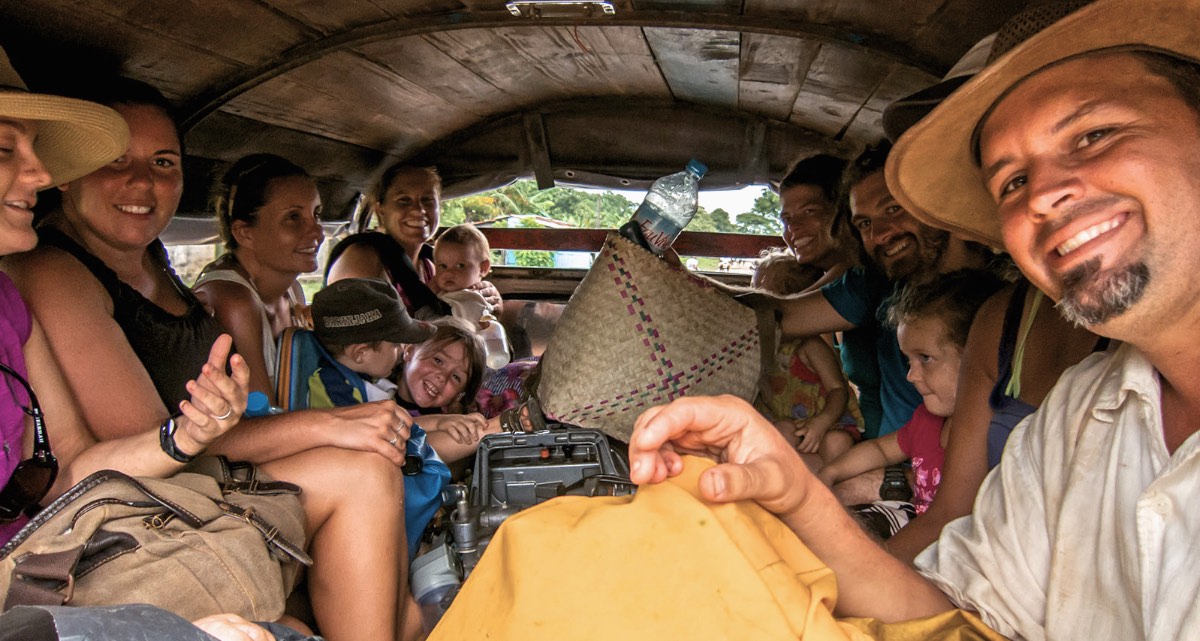
Who does this?
Learn more about what it takes to be part of a TIMO team.


